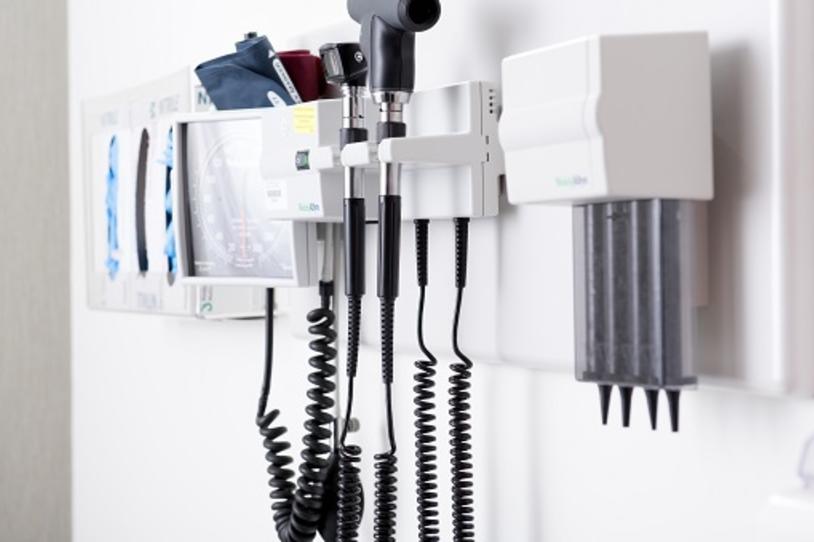
Rachel Dolhun, MD, movement disorder specialist and senior vice president of medical communications at The Michael J. Fox Foundation (MJFF) and other neurology experts were recently featured in AARP. The article highlights the signs, symptoms and hope for the future on an often misunderstood and difficult topic — cognitive changes and dementia in Parkinson’s disease (PD).
Dr. Dolhun understands that many patients and families share a common worrisome feeling about the possibility of memory and thinking changes. “This is a scary, confusing and concerning topic for a lot of people,” she said.
Although not everyone experiences cognitive changes in Parkinson’s, the AARP article explores symptoms to look for, tips to boost brain health and strategies to connect with loved ones and your care team that can help make these conversations easier.
Current evidence suggests what’s good for your body is also good for your brain. People living with Parkinson’s can find several ways to boost brain health. During the interview, Dr. Dolhun discusses common tips around getting enough exercise, maintaining strong social connections and eating a healthy, balanced diet — such as the Mediterranean diet.
Michael Okun, MD, chair of neurology and executive director of the Norman Fixel Institute for Neurological Diseases at the University of Florida and Tsao-Wei Liang, MD, chief of the movement disorders division at Jefferson Health talk through research into what may be causing memory loss. They note that the buildup of alpha-synuclein plays a major role. Alpha-synuclein is a protein that clumps in the brains of nearly all people with PD, and scientists believe this aggregation leads to cell death and PD symptoms.
The article also points to studies aimed at better understanding Parkinson’s disease, including MJFF’s landmark study the Parkinson’s Progression Markers Initiative (PPMI). PPMI follows participants over time to better understand changes linked to Parkinson’s risk, onset and progression. This information could lead to new therapies to prevent and treat Parkinson’s. Learn more at michaeljfox.org/ppmi.
For people living with Parkinson’s, keeping an open dialogue with loved ones and doctors is critical throughout the Parkinson’s journey. “Your doctor might focus on motor symptoms, but if you’re concerned, you should absolutely talk to your doctors and ask what you can do,” says Dr. Dolhun. “Be your best advocate.”
Want to learn more about navigating cognitive changes in Parkinson’s disease? Download MJFF’s free guide, watch a video or listen to a podcast
